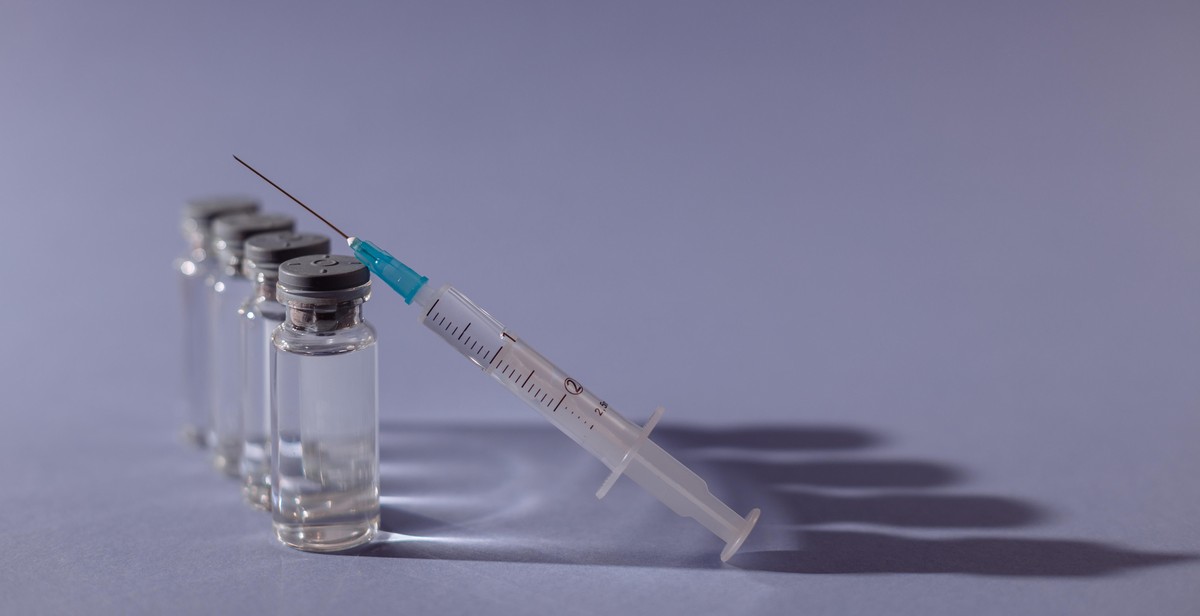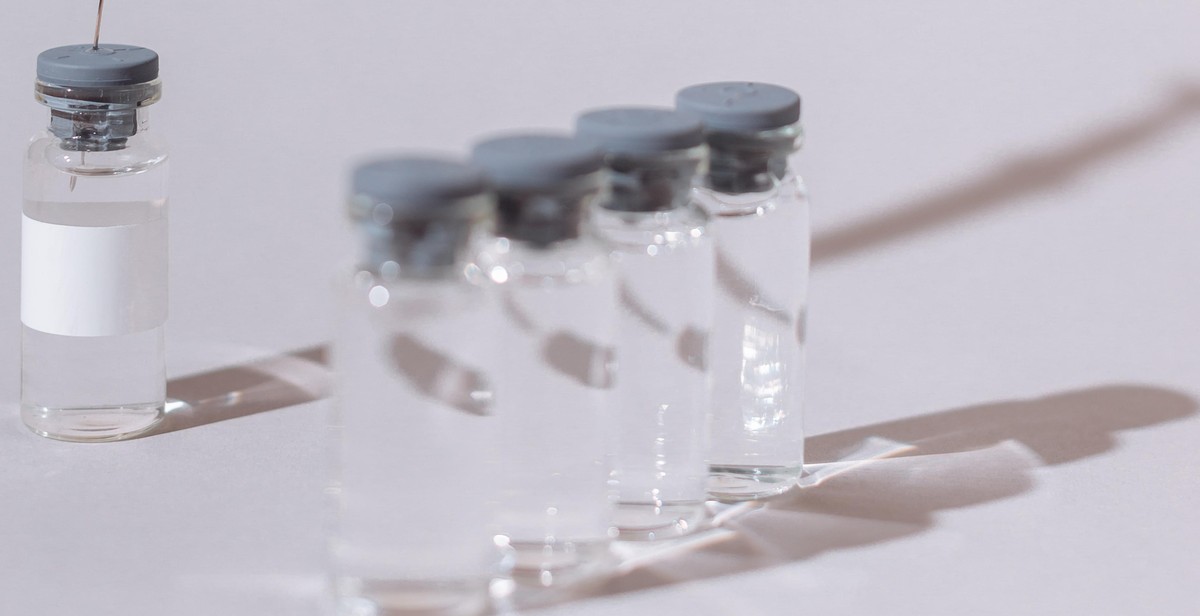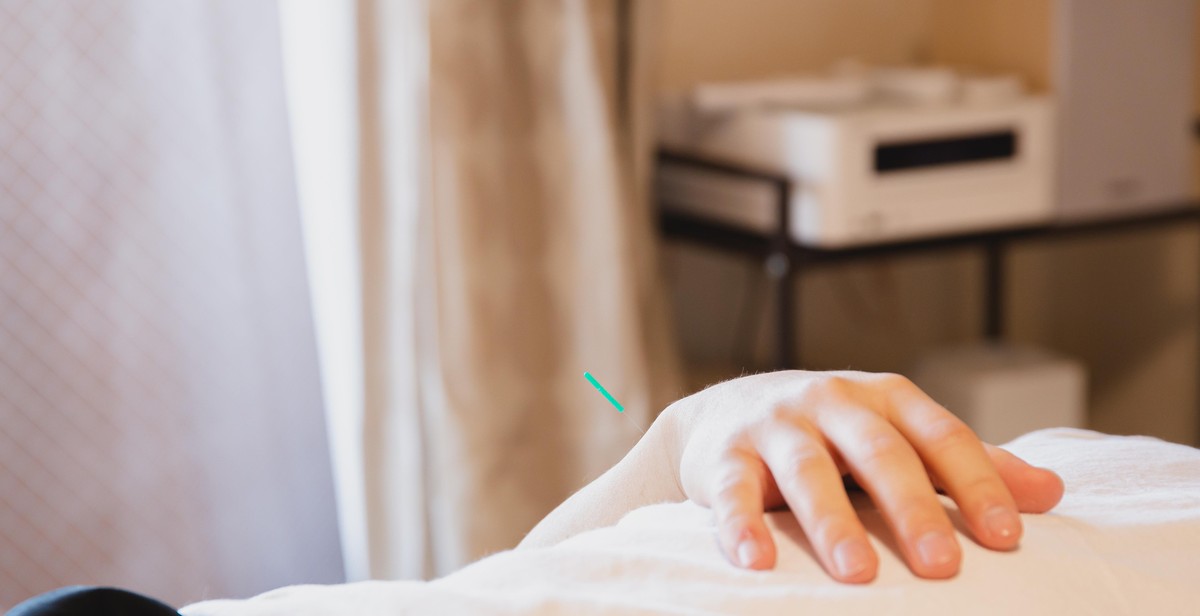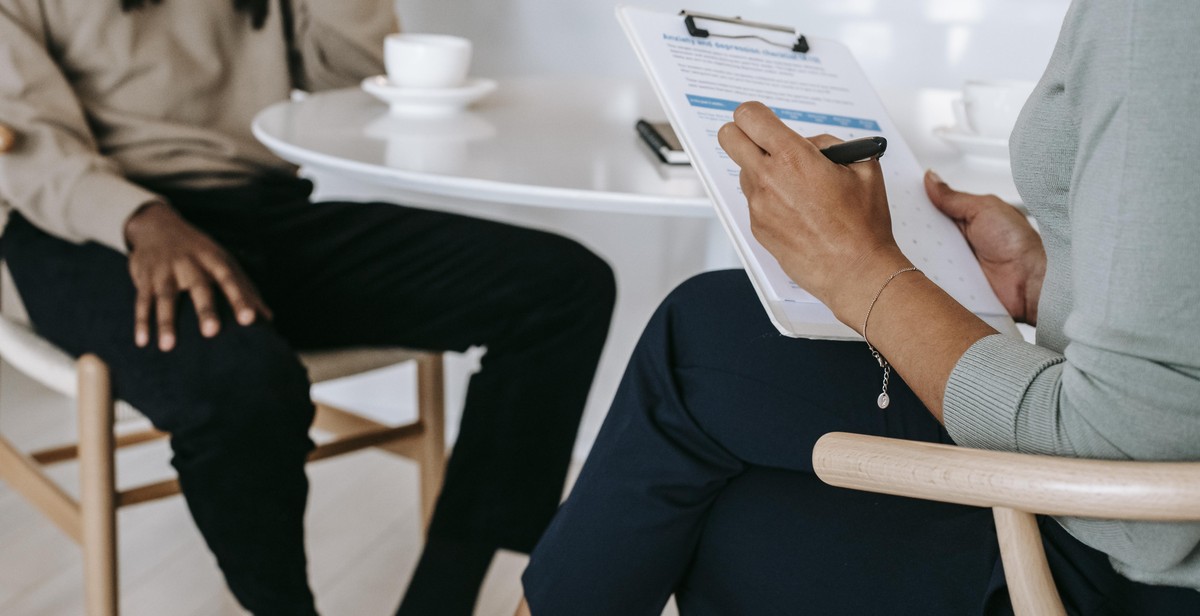How to Prepare for a Vaccination Appointment: Tips and Information for a Smooth Experience
With the ongoing COVID-19 pandemic, getting vaccinated has become more important than ever before. However, many people are understandably anxious about their upcoming vaccination appointment. To ease your worries and ensure a smooth experience, it’s important to be prepared.
Why Preparation is Key
Preparing for your vaccination appointment can help reduce your anxiety and make the process as smooth as possible. By being prepared, you can also help the healthcare professionals administering the vaccine to work more efficiently, which in turn can benefit everyone waiting to be vaccinated.
What to Expect During Your Vaccination Appointment
During your appointment, you can expect to be asked a few questions about your medical history and any allergies you may have. You will then receive the vaccine, which is usually administered as a shot in the upper arm. After the vaccination, you will be asked to wait for a short period of time to ensure that there are no adverse reactions.
Below are some tips and information to help you prepare for your vaccination appointment:
- Check with your healthcare provider if you have any concerns or questions about getting vaccinated.
- Wear comfortable clothing that will allow easy access to your upper arm.
- Bring your identification and vaccination card if you have one.
- Inform the healthcare professional administering the vaccine if you have a history of allergic reactions, especially to vaccines.
- Stay hydrated and eat a meal prior to your appointment to help prevent dizziness or fainting.
By following these tips and being prepared, you can help ensure a smooth and stress-free vaccination appointment. Remember, getting vaccinated not only protects yourself, but also helps protect those around you.

Why is it Important to Prepare for a Vaccination Appointment?
Getting vaccinated is one of the most important things you can do to protect yourself and others from serious diseases. Whether you are getting vaccinated for the first time or receiving a booster shot, it is crucial to prepare yourself for the appointment to ensure a smooth and stress-free experience.
1. To Ensure You Receive the Right Vaccine
Preparing for your vaccination appointment includes researching and identifying the type of vaccine you need. Different vaccines are recommended for different age groups, health conditions, and locations. By preparing beforehand, you can ensure that you receive the right vaccine and get the full protection you need.
2. To Minimize Discomfort and Side Effects
Vaccines can cause mild to moderate side effects, such as soreness, redness, and swelling at the injection site, fever, headache, and fatigue. However, by preparing for your appointment, you can minimize discomfort and side effects. For example, wearing loose and comfortable clothing can make it easier to expose the injection site, while taking over-the-counter pain relievers before and after the vaccination can help reduce pain and fever.
3. To Avoid Delays and Missed Appointments
Preparing for your vaccination appointment also involves scheduling and confirming the appointment, arriving on time, and bringing all the necessary documents, such as your ID, insurance card, and vaccination record. By doing so, you can avoid delays and missed appointments, which can not only disrupt your schedule but also put you at risk of missing out on the vaccine.
4. To Protect Yourself and Others
Finally, preparing for your vaccination appointment is important for protecting yourself and others from serious diseases. Vaccines work by stimulating the immune system to create antibodies that can fight off the disease-causing germs. By getting vaccinated, you not only protect yourself but also contribute to herd immunity, which reduces the spread of the disease and protects vulnerable populations.
| Reasons to prepare for a vaccination appointment |
|---|
| To ensure you receive the right vaccine |
| To minimize discomfort and side effects |
| To avoid delays and missed appointments |
| To protect yourself and others |

Tips for Preparing for a Vaccination Appointment
Getting vaccinated is an important step in protecting your health and the health of those around you. To ensure a smooth vaccination experience, it’s important to prepare ahead of time. Here are some tips to help you prepare for your vaccination appointment:
Gather Necessary Information
Before your appointment, make sure you have all the necessary information, such as the date, time, and location of your appointment, as well as any paperwork or identification that may be required. You may also want to research the vaccine you will be receiving and any potential side effects.
Wear Comfortable Clothing
Wearing comfortable clothing can help you feel more relaxed during your vaccination appointment. Choose loose-fitting clothing that allows easy access to the upper arm, where the vaccine is typically administered.
Stay Hydrated and Well-Rested
Staying hydrated and well-rested can help you feel your best on the day of your appointment. Drink plenty of water in the days leading up to your appointment and get a good night’s sleep the night before.
Bring a Support Person
If you feel nervous about getting vaccinated, consider bringing a support person with you to your appointment. This could be a friend, family member, or healthcare provider who can offer emotional support and help answer any questions you may have.
Plan for Possible Side Effects
Some people may experience side effects after getting vaccinated, such as soreness at the injection site, fever, or fatigue. Plan ahead by scheduling your appointment on a day when you can rest if needed.
Discuss Any Concerns with Your Healthcare Provider
If you have any concerns or questions about getting vaccinated, don’t hesitate to discuss them with your healthcare provider. They can provide you with information and guidance to help you make an informed decision about your health.

What to Expect During a Vaccination Appointment
Getting vaccinated is an important step in protecting yourself and others from serious illnesses. If you’re preparing for a vaccination appointment, it’s helpful to know what to expect during the process. Here’s a breakdown of what typically happens:
Checking In
When you arrive for your appointment, you’ll need to check in with the healthcare provider or staff member. They’ll likely ask you a few questions about your medical history, allergies, and any current symptoms you’re experiencing.
It’s important to be honest and thorough when answering these questions, as they help the healthcare provider determine whether you’re eligible for the vaccine and if any precautions need to be taken during the administration process.
Vaccine Administration
Once you’ve checked in, you’ll be directed to a private area where the vaccine will be administered. The healthcare provider or staff member will explain the process and answer any questions you may have.
During the actual administration, a needle will be inserted into your arm and the vaccine will be injected. You may feel a slight pinch or discomfort, but the process is typically quick and relatively painless.
Post-Vaccine Observation
After the vaccine has been administered, you’ll be asked to wait in a designated observation area for a short period of time. This is to ensure that you don’t experience any immediate side effects or allergic reactions.
The length of the observation period varies depending on the type of vaccine you receive, but it typically lasts between 15 and 30 minutes. During this time, the healthcare provider or staff member will monitor you for any signs of an adverse reaction.
If you do experience any side effects or symptoms after leaving the observation area, be sure to contact your healthcare provider immediately.
Conclusion
Knowing what to expect during a vaccination appointment can help you feel more prepared and comfortable with the process. Remember to be honest and thorough when answering questions, and don’t hesitate to ask any questions you may have. By taking these steps, you’ll be protecting yourself and others from serious illnesses.

Common Vaccination Side Effects and How to Manage Them
While vaccinations are generally safe and effective, they can cause some side effects. The most common side effects are mild and go away on their own within a few days. These side effects are a sign that your body is building protection against the disease. Here are some of the most common side effects and how to manage them:
Pain and Swelling at the Injection Site
It is common to experience pain, redness, or swelling at the injection site after getting vaccinated. To manage these symptoms, apply a clean, cool, wet washcloth over the injection site. You can also use over-the-counter pain relievers like acetaminophen or ibuprofen. Avoid using aspirin, as it can increase the risk of bleeding.
Fever and Chills
Some people may experience a low-grade fever or chills after getting vaccinated. This is a sign that your body is building protection against the disease. You can manage these symptoms by drinking plenty of fluids, dressing lightly, and resting. You can also take over-the-counter pain relievers like acetaminophen or ibuprofen.
Fatigue
It is common to feel tired or fatigued after getting vaccinated. To manage these symptoms, rest and drink plenty of fluids. Avoid strenuous activities for a few days after getting vaccinated.
Headache
Some people may experience a headache after getting vaccinated. To manage this symptom, take over-the-counter pain relievers like acetaminophen or ibuprofen. Rest and drink plenty of fluids.
Nausea
Some people may experience nausea after getting vaccinated. To manage this symptom, avoid eating solid foods until the nausea subsides. Instead, drink clear fluids like water, ginger ale, or sports drinks. You can also try eating small, frequent meals throughout the day.
| Symptoms | What to Do |
|---|---|
| Difficulty breathing or shortness of breath | Seek medical attention immediately |
| Swelling of the face or throat | Seek medical attention immediately |
| Fast or irregular heartbeat | Seek medical attention immediately |
| Severe headache or blurred vision | Seek medical attention immediately |
- Most common vaccination side effects are mild and go away on their own within a few days.
- To manage pain and swelling at the injection site, apply a clean, cool, wet washcloth and use over-the-counter pain relievers.
- To manage fever and chills, drink plenty of fluids, dress lightly, and rest.
- To manage fatigue, rest and drink plenty of fluids. Avoid strenuous activities for a few days.
- To manage headache, take over-the-counter pain relievers, rest, and drink plenty of fluids.
- To manage nausea, avoid eating solid foods until the nausea subsides. Drink clear fluids and eat small, frequent meals throughout the day.

Conclusion
Preparing for a vaccination appointment can be a daunting task, but with the right information and tips, you can make the experience a smooth and stress-free one.
It is important to do your research beforehand to ensure you have all the necessary information about the vaccine you will be receiving. This includes understanding the potential side effects and any precautions you may need to take before and after the appointment.
Make sure to also bring all the necessary documents with you, such as your ID and insurance information. Arriving early and dressing comfortably can also help alleviate any nerves or stress you may be feeling.
Finally, don’t forget to take care of yourself after the appointment. Rest and hydrate, and if you experience any side effects, reach out to your healthcare provider for guidance.
- Do your research
- Bring necessary documents
- Arrive early and dress comfortably
- Take care of yourself after the appointment
By following these tips, you can ensure a smooth and successful vaccination appointment. Remember, getting vaccinated not only protects yourself but also those around you. Let’s do our part in stopping the spread of COVID-19.
